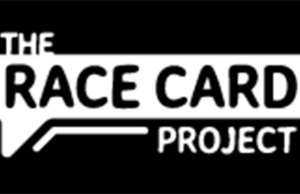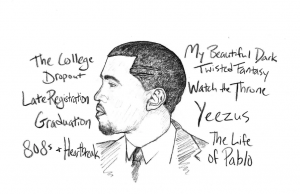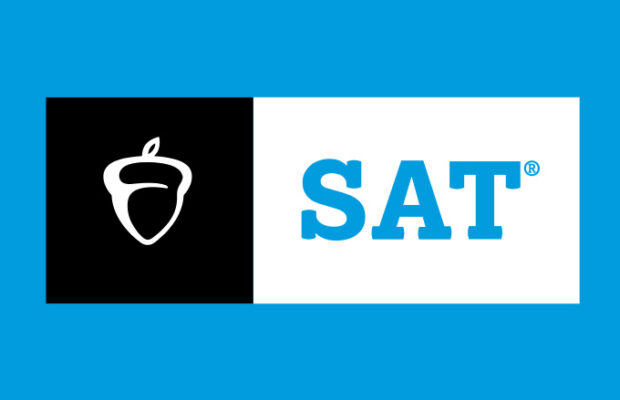Our View: All schools should discontinue usage of race-specific mascots
By Olivia Schares 2008
Two weeks ago, the University of Illinois announced that it would be removing its performing mascot, “Chief Illiniwek.” Though the mascot had become a central figure in the school’s collective spirit, the university also recognized the dangers of indirectly endorsing stereotypes about an entire race.
The Hi-Line editors fully support the University of Illinois’ decision to remove its mascot. We also think that other schools with race-specific mascots or names should consider doing the same.
The most obvious argument against cultural mascots is the often inaccurate or offensive implications associated with them. When using one figure as a representative for an entire heritage, misrepresentations are virtually inevitable. The worst is when these representations carry negative connotation. Too often, a comedic alteration is made to mascots. When mascots represent an entire demographic, the resulting effect can be offensive and derogatory.
Many who support retaining a school’s name or mascot argue that this self-assigned identity has already become inscribed in the school’s history. Many are concerned that to change either would be to alter the school’s personality or collective heritage. The problem is, those who support this argument are forgetting that it is not their heritage. In fact, it’s someone else’s. Realizing this, it seems wholly inappropriate to alter another’s heritage to fit a certain perspective. This holds particularly true when those concerned (Native Americans) find these alterations offensive.
So, even without any blatantly derogatory content, even when the name and mascot appear wholly unoffensive, sensitivity should be directed toward those being represented. After all, if a mascot can become so fully ingrained in a school’s “heritage” that they are unwilling to give it up, we can only imagine how much it means to the Native Americans themselves.









You must be logged in to post a comment Login